Have you ever noticed how a cat can slip out of a room with the grace of a shadow, leaving you to deal with your own feelings? It’s almost like they have an invisible shield around their hearts. While people often struggle to say “no” or set limits in relationships, cats seem to have mastered the art of emotional self-preservation. Is it possible that your furry companion is actually better at emotional boundaries than you are? Let’s step into the mysterious feline world and see what these enigmatic creatures can teach us about protecting our hearts—and maybe even living a happier life.
The Mysterious Aura of Cat Independence

Cats have always been known for their independent spirits. Unlike dogs, who often crave constant companionship, cats are content to have their own space. This isn’t just about being alone; it’s about knowing how to protect their emotions. A cat will walk away when it wants, without guilt or worry about hurting anyone’s feelings. Watching a cat ignore an annoying house guest or retreat from chaos is like seeing a master class in self-respect. Their independence is a subtle reminder that it’s okay to prioritize your own needs. In a world that often demands too much of us, cats show us that solitude can be a source of strength.
Feline Honesty: No Means No

When a cat doesn’t want to be petted, you’ll know it. They don’t send mixed signals or pretend to enjoy something they don’t. A flick of the tail or a gentle push with a paw is all it takes. This unwavering honesty is refreshing in a society where people sometimes say “yes” when they mean “no.” If humans were as direct as cats, misunderstandings and resentment would likely vanish overnight. Cats teach us that being clear about our boundaries isn’t rude—it’s necessary for healthy relationships.
Reading the Room: Cats Sense Tension Instantly
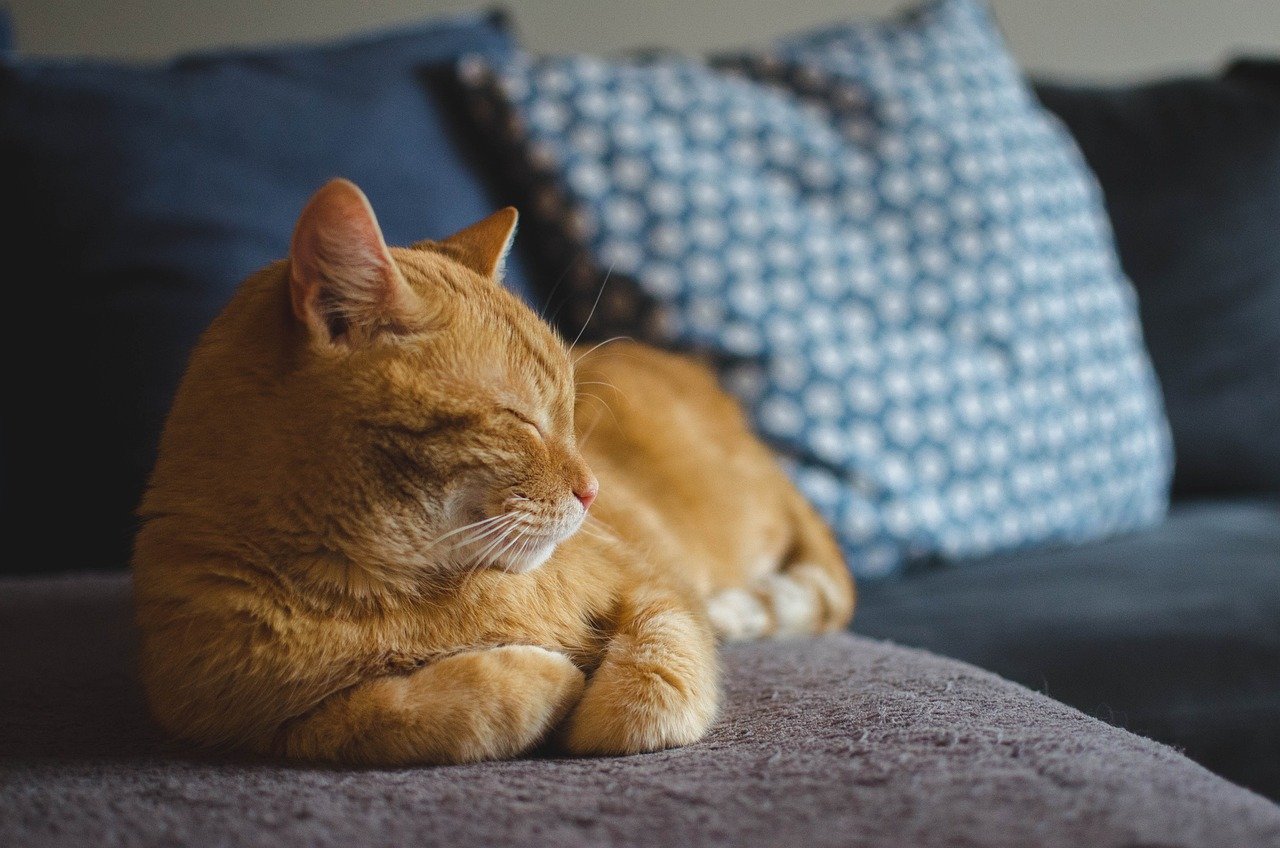
It’s almost supernatural how cats can pick up on emotions. If there’s tension in the air, a cat will notice and often leave the scene. They don’t get tangled up in other people’s drama. This ability to “read the room” is something many people wish they had. Cats remind us that we don’t have to absorb every emotion swirling around us. Sometimes, the best thing to do is quietly exit and protect our own peace.
Self-Care Rituals: Grooming as a Metaphor

Cats spend a significant portion of their day grooming themselves. It’s not just about keeping clean—it’s a ritual of self-love and self-care. While people often neglect their own needs in favor of others, cats never skip their grooming routine. Their commitment to taking care of themselves is a powerful metaphor for emotional boundaries. By making time for ourselves, we can recharge and face the world with renewed energy, just like our feline friends.
Selective Affection: Love on Their Terms
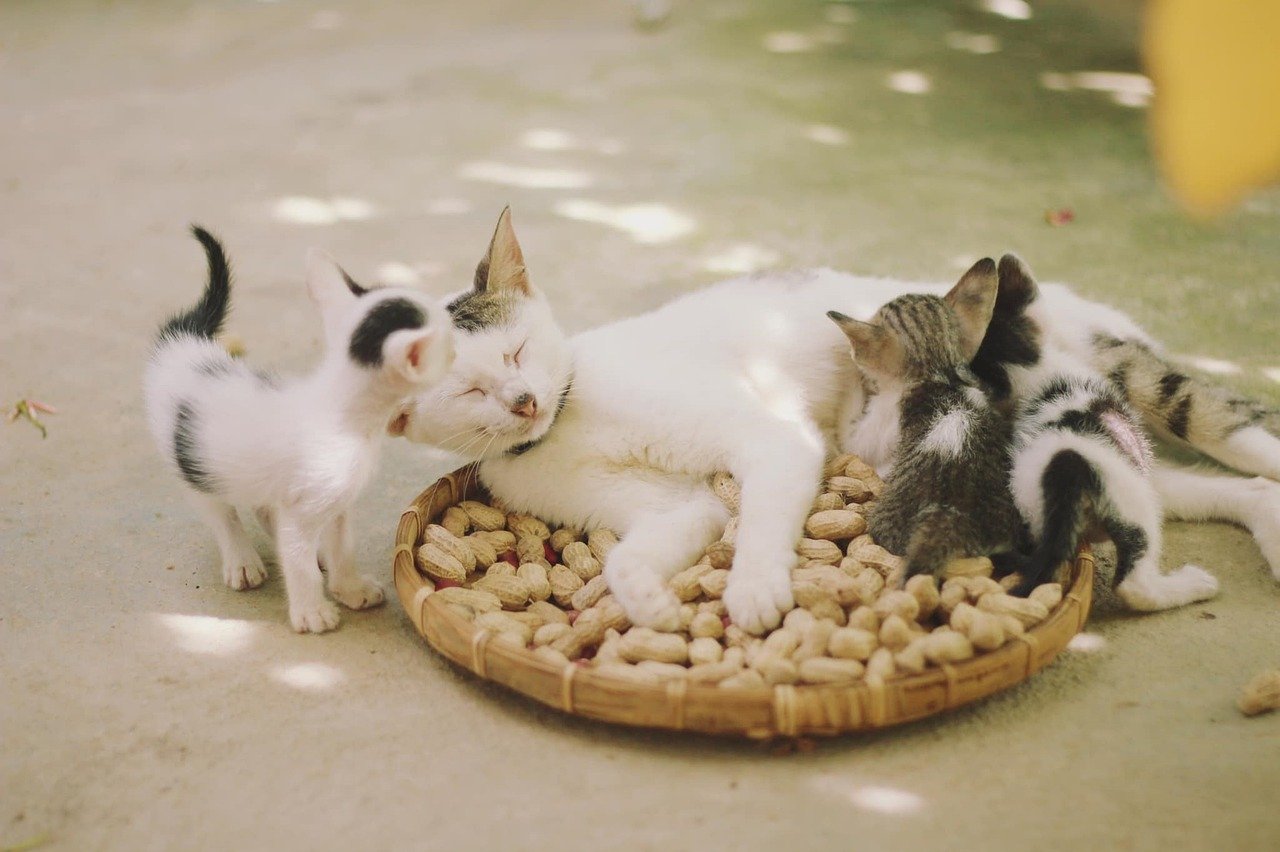
Cats are affectionate, but only when they feel like it. They don’t dole out cuddles just because someone demands it. This selective approach teaches us that it’s okay to reserve our affection for when we genuinely feel it. People often give too much, hoping to be liked or accepted. Cats, on the other hand, show us that love given freely—when it’s wanted and authentic—is far more meaningful.
The Art of Ignoring: Protecting Their Energy
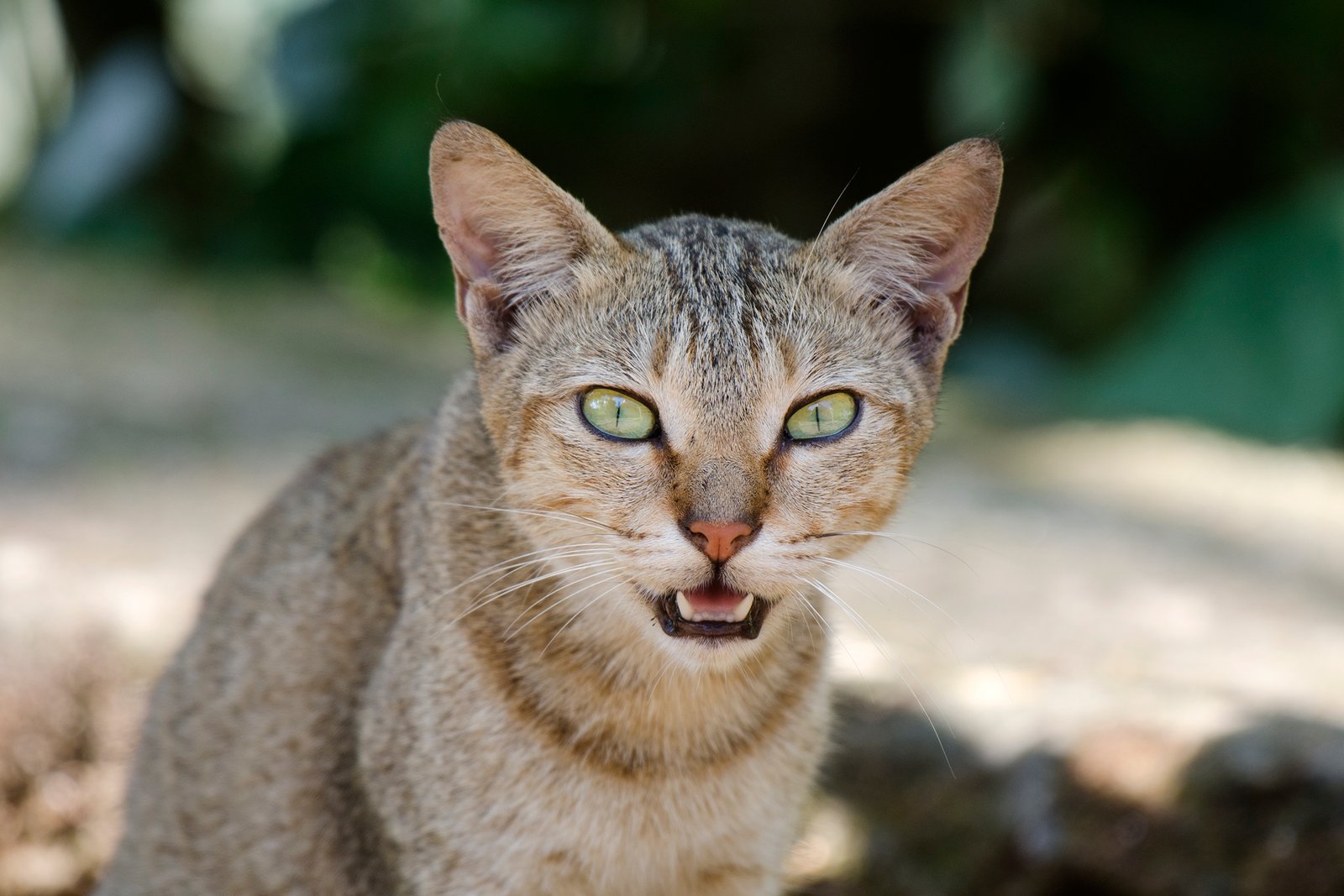
Have you ever watched a cat completely ignore a noisy environment or an annoying person? It’s almost comical. Cats choose what to pay attention to and what to tune out. This skill is crucial for emotional boundaries. People could learn a lot from cats about not letting every little thing get under their skin. Sometimes, ignoring negativity is the healthiest response.
Personal Space: The Sacred Bubble

Cats are territorial creatures. They carve out their own spaces—be it a favorite windowsill, a cozy box, or a sunny patch on the floor. Invade their space uninvited, and you’ll get a swift reminder of their boundaries. This fierce protection of personal space is something people often lack. In a world filled with constant connectivity, cats remind us that it’s okay to carve out a place that’s just for us.
Letting Go: Cats Don’t Hold Grudges

If you accidentally step on a cat’s tail, they might hiss or hide for a while. But soon enough, they’re back, purring in your lap as if nothing happened. Cats don’t dwell on slights or hold grudges. They deal with their feelings in the moment and then move on. People, on the other hand, often carry emotional baggage for years. Cats show us that letting go is crucial for emotional health.
Boundaries with Other Pets: Subtle but Strong

When cats live with other animals, they establish boundaries early on. Whether it’s a dog, another cat, or even a rabbit, felines are clear about what they will and won’t tolerate. They communicate with body language—arched backs, flattened ears, or a simple stare. These boundaries reduce conflict and create harmony. If people were as clear and consistent, group dynamics everywhere would improve.
Emotional Detachment: Not Cold, Just Smart

Cats are sometimes accused of being aloof or unemotional. But the truth is, they’re just careful with their feelings. They don’t get overly involved or attached to every person they meet. This level of detachment isn’t coldness—it’s wisdom. People often confuse emotional entanglement with caring. Cats show us that we can love deeply while still maintaining our sense of self.
Handling Rejection: Unfazed and Unbothered

When a cat is rejected—maybe you shoo them off the kitchen counter—they don’t take it personally. They simply find another spot to claim as their own. This resilience is something many people struggle with. Rejection can feel devastating, but cats remind us that it’s just a part of life. The ability to move on quickly and without bitterness is a lesson worth learning.
Teaching People How to Treat Them

Cats are experts at training their humans. Over time, most cat owners learn what their feline friends like and dislike. Whether it’s a certain type of food, a preferred stroke, or a particular playtime, cats set their boundaries and expect them to be respected. This is a powerful lesson in self-advocacy. If people communicated their needs as clearly as cats do, they’d likely feel more satisfied and respected in their relationships.
Privacy Craved and Guarded

Cats value their privacy. They’ll often disappear for hours, hiding in a quiet spot where no one can bother them. This isn’t antisocial behavior—it’s self-preservation. In a society that often demands constant openness, cats remind us that it’s okay to keep some things to ourselves. Privacy is not a flaw; it’s a boundary that keeps us sane.
Choosing Their Battles
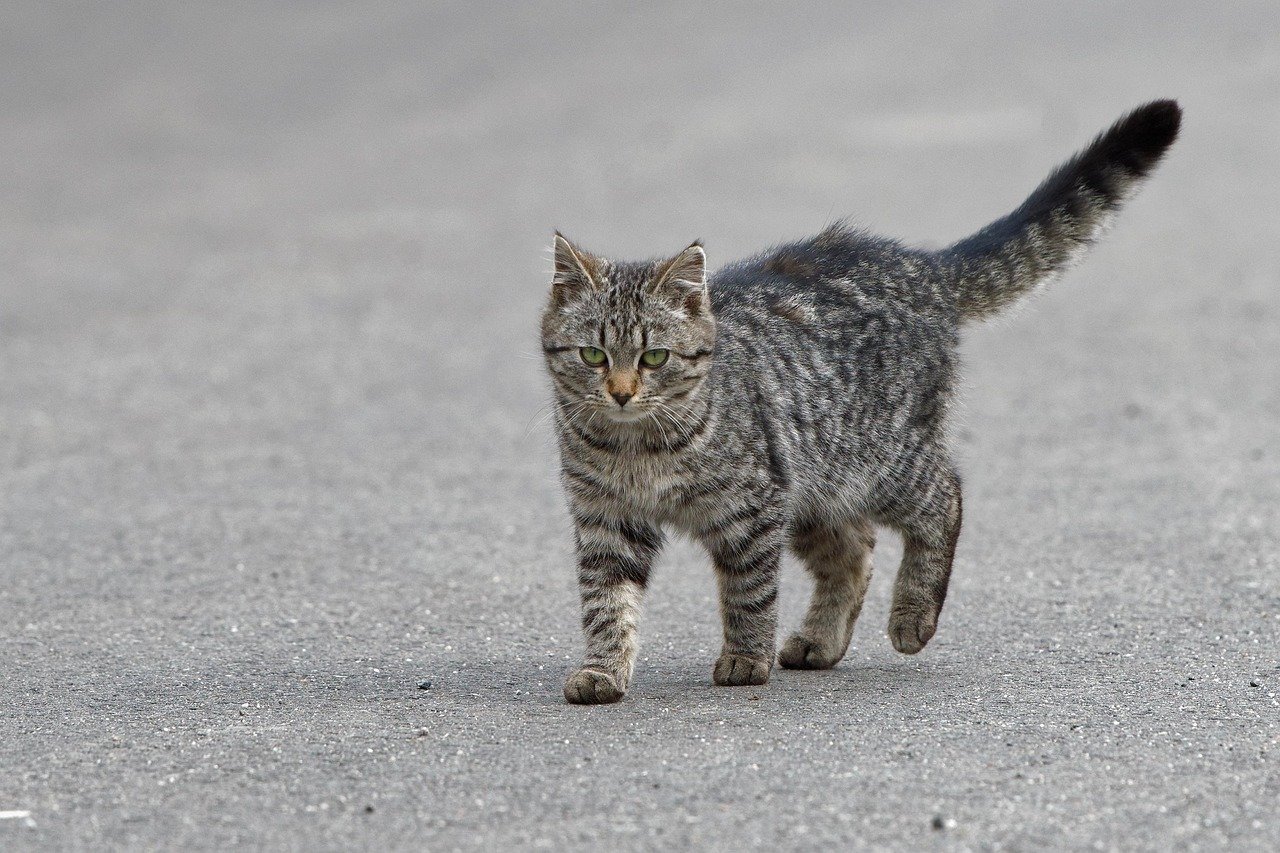
Cats don’t waste energy on unnecessary fights. If something isn’t worth their time, they simply walk away. This selective engagement is something people could use more of. Not every disagreement needs to be a battle. Sometimes, the best response is to let things go and focus on what truly matters.
Emotional Self-Sufficiency

Cats are incredibly self-sufficient. They don’t rely on anyone else to meet their emotional needs. Even in a household full of people and pets, a cat is content with its own company. This self-sufficiency is a powerful boundary. While people often seek validation from others, cats show us that contentment comes from within.
Dealing with Change: Adaptable but Cautious
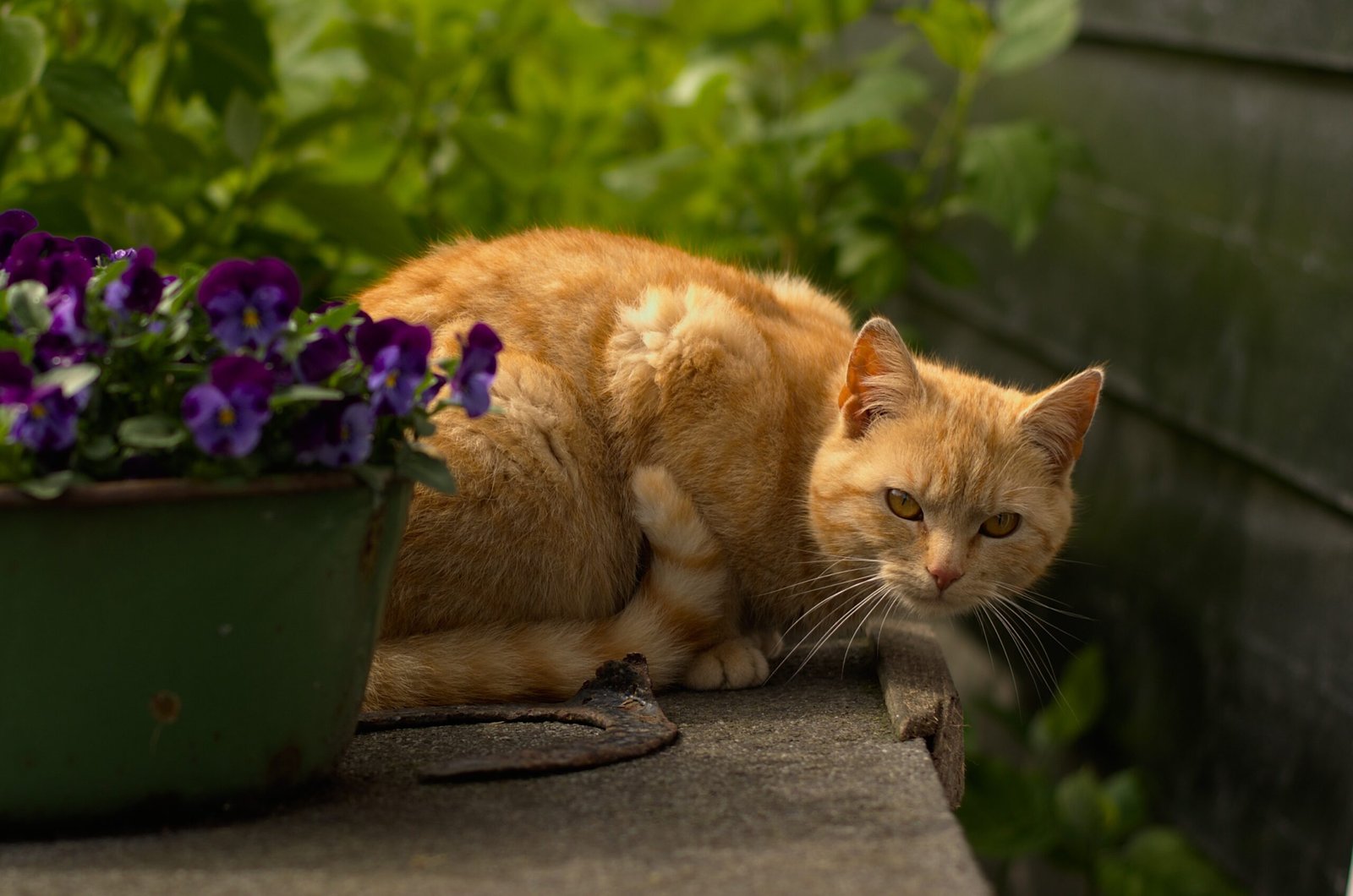
When something changes in their environment—a new piece of furniture, a visitor, or a move—cats approach with caution. They take their time adjusting, never rushing to accept something new. People, on the other hand, often feel pressured to adapt quickly. Cats teach us that it’s okay to proceed at our own pace and honor our comfort zones.
Emotional Expression: Subtle but Clear
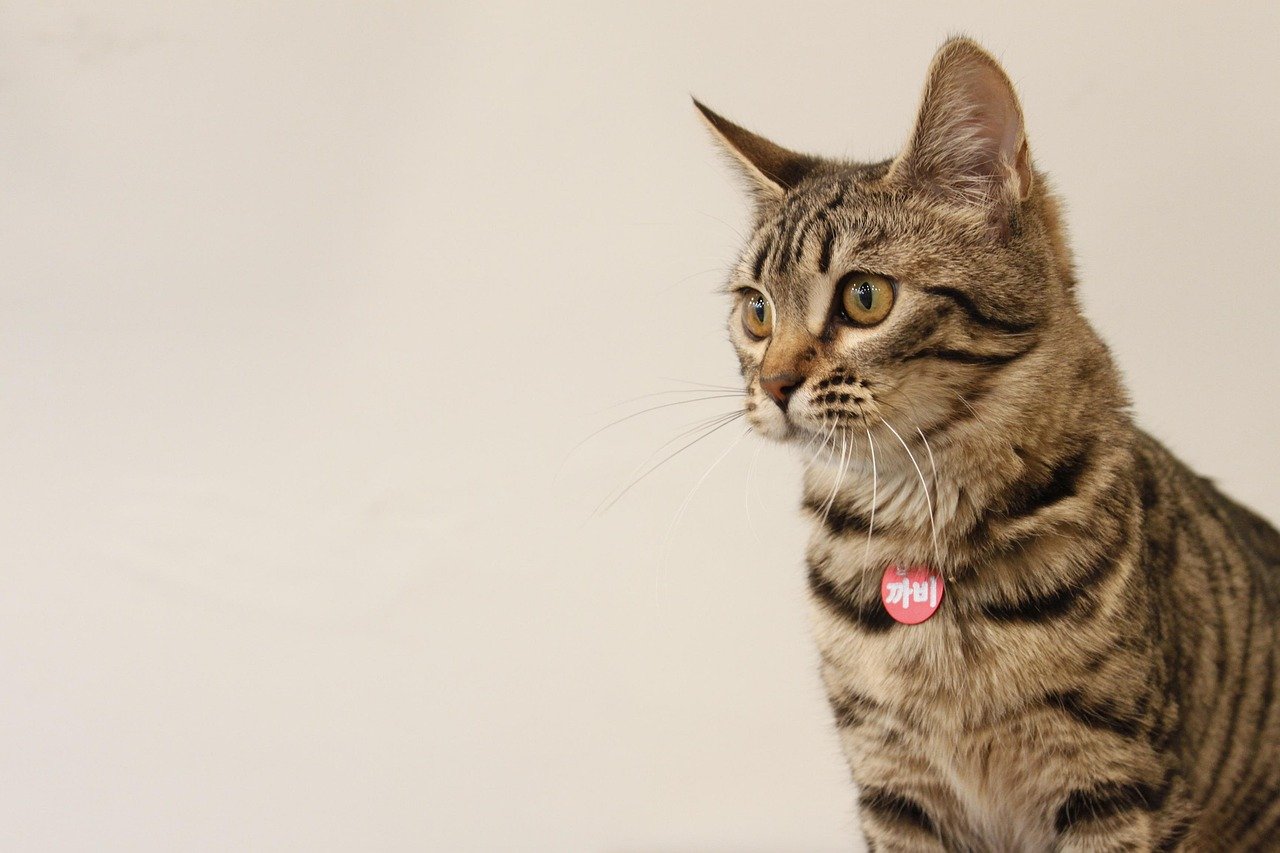
Cats express their emotions in subtle ways—a slow blink, a gentle purr, or a soft knead. They don’t put on a show or exaggerate their feelings. This authenticity is something people could use more of. Expressing emotions honestly, without drama or pretense, leads to deeper connections and less confusion.
Knowing Their Limits
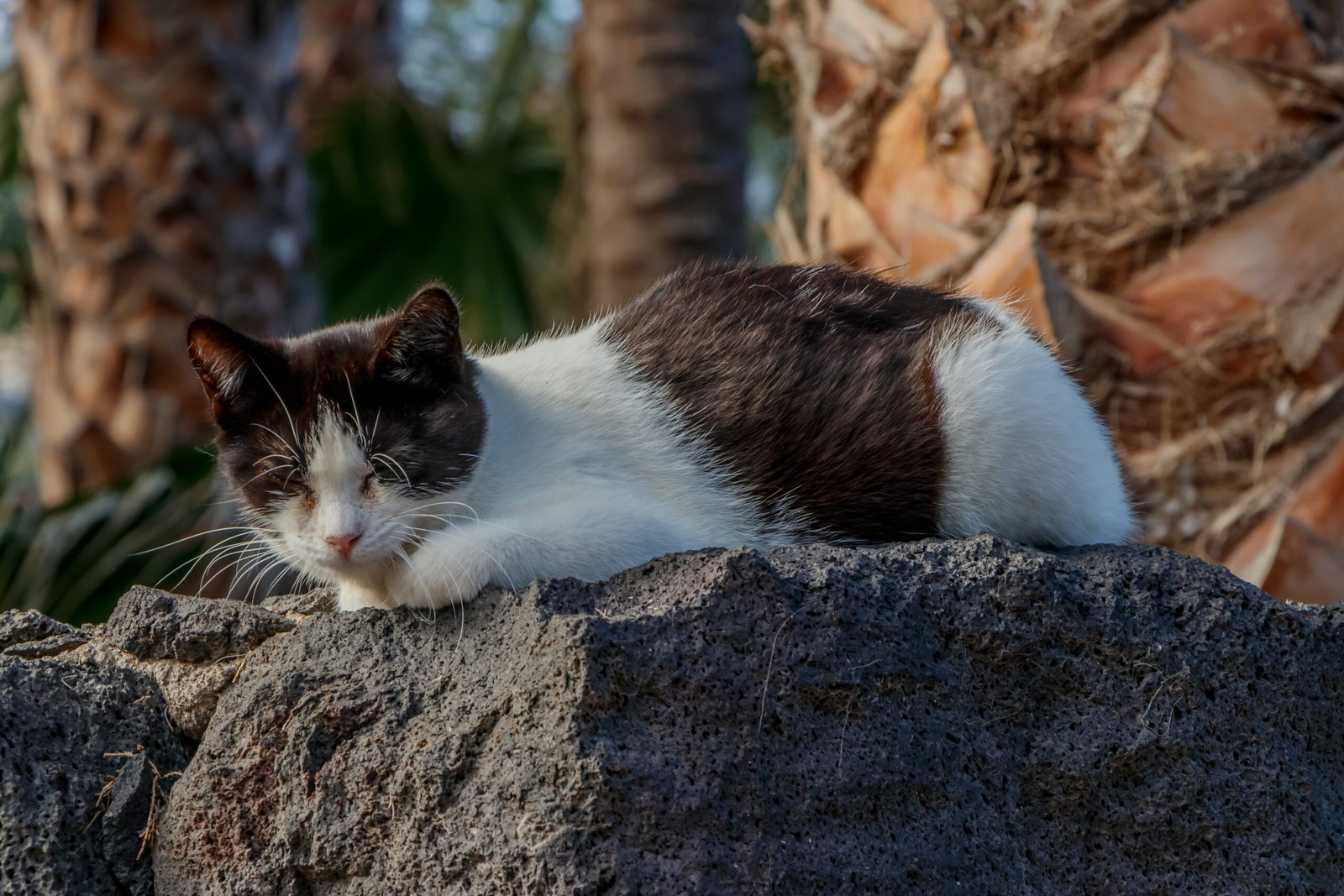
Cats instinctively know how much social interaction they can handle. When they’ve had enough, they simply leave. There’s no guilt or apology. People, by contrast, often push themselves past their limits to please others. Cats remind us that it’s not only okay but necessary to take breaks and recharge.
The Healing Power of Saying No

A cat’s refusal to engage is never cruel—it’s honest. When they say “no,” they do so for their own well-being. This is a boundary many people struggle with. Saying “no” can feel uncomfortable, but cats show us that it’s essential for maintaining emotional health. Setting limits isn’t about shutting people out; it’s about protecting our own hearts.
Resilience in the Face of Negativity

Cats have an incredible ability to bounce back from negative experiences. Whether it’s a scolding, a vet visit, or an unexpected guest, they recover quickly and return to their routines. This resilience is rooted in their strong boundaries. By not internalizing negativity, cats maintain their emotional balance. People often carry wounds for years, but cats show us that letting go and moving forward is possible.
Living Life on Their Own Terms
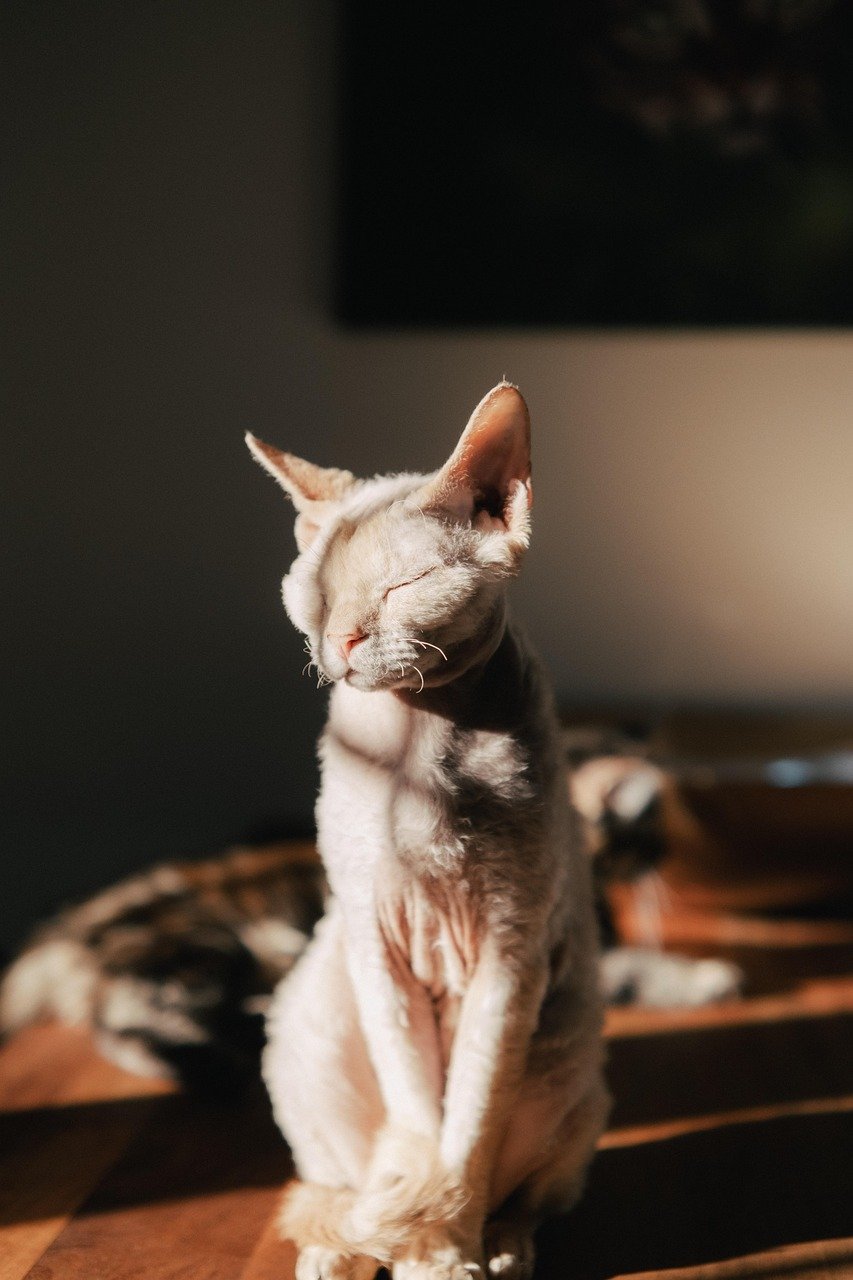
Perhaps the most inspiring thing about cats is their unwavering commitment to living life on their terms. They know what they want, and they aren’t afraid to go after it—even if that means ignoring the world for a cozy nap in the sun. In a society that often pressures us to conform and please others, cats remind us that true happiness comes from honoring ourselves. Their emotional boundaries aren’t walls—they’re bridges to a more authentic, peaceful life.
Hi, I’m Bola, a passionate writer and creative strategist with a knack for crafting compelling content that educates, inspires, and connects. Over the years, I’ve honed my skills across various writing fields, including content creation, copywriting, online course development, and video scriptwriting.
When I’m not at my desk, you’ll find me exploring new ideas, reading books, or brainstorming creative ways to solve challenges. I believe that words have the power to transform, and I’m here to help you leverage that power for success.
Thanks for stopping by, Keep coming to this website to checkout new articles form me. You’d always love it!






